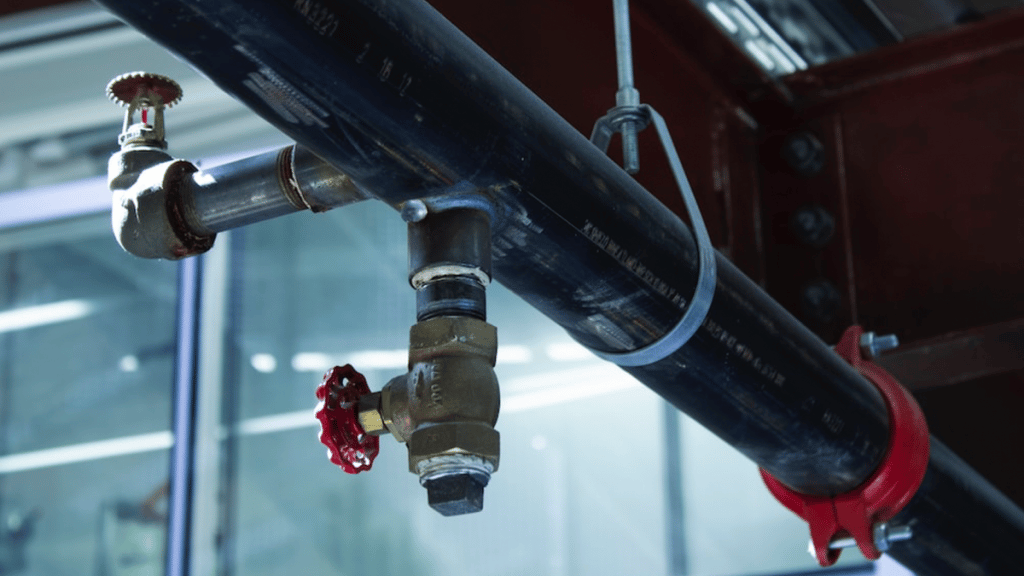Many homeowners aren’t always aware of what goes on in their underground pipes and their plumbing systems, simply because you can’t see it! However, just because you can’t see what goes on in the dirt, doesn’t mean it doesn’t play an integral part in your house’s—and your own—overall well-being.
Your home or commercial building would be completely dysfunctional without the right plumbing procedures being put in place. This is why you, as the building owner or landlord, need to always keep your finger on the tab and regularly implement backflow testing.
What are Backflow and Backflow Prevention Testing?
Backflow is just that: water that flows backwards in your underground systems, which is then prone to becoming contaminated. Backflow is caused by the reduction in water pressure in the plumbing infrastructure after it was in use, thus causing excess, unused water to flow backwards.
Backflow prevention testing is the procedure of examining your plumbing system to make sure that the said contaminated water doesn’t mix with your clean, drinking water. It therefore prevents the polluted water from flowing the wrong way and throughout your system.
According to regulations, it is highly recommended that backflow testing be conducted at least once a year. If it’s not done on time you may be charged with a fine or your water supply may be cut off. Below we explore the reasons why backflow prevention testing is essential.
Why Backflow Testing is Vital
Testing Prevents Serious Health Hazards
The main reason behind conducting these testing procedures regularly is to prevent serious health hazards from infecting you. Contaminants, germs and bacteria are everywhere, and water, unless purified, is a great carrier of these toxins.
Since you use water often to wash and drink, you can easily contract various illnesses such as diarrhea, cholera, dysentery, typhoid or hepatitis. That can happen if the water is contaminated. If your home is stocked with washing machines, taps, dishwashers, irrigation systems, showers and baths and pools, there are many ways bacteria can find its way out.
Backflow testing is done to ensure the water you use is always clean and that your plumbing system is functioning as a whole. This prevents polluted water from infiltrating and affecting your health.
Required by Law
According to law, the Environment Protection Authority (EPA) of Australia – as well as local municipalities – demands that backflow testing be conducted timeously. These tests also need to be performed by certified plumbers and registered plumbing companies.
This job is intricate, and consists of:
- Testing of the pressure systems
- Investigating possible leakages or other pipeline damage
- Checking if all pipes and the plumbing network operates efficiently
- Replacing of any valves where needed
It therefore requires qualified professionals to get the job done.
It’s about longevity and efficiency for all your convenience at home! Rather trust the pros!
Backflow can Jeopardise Business Operations
Conducting these tests is vital to the betterment of your business or commercial centre. Your business can be put at serious risk if contaminated water is plaguing the block and affecting your staff or employees.
Not only will your business stall as a result of many staff members falling ill. Possible lawsuits can be brought against your company for neglect and indirectly causing individuals to be affected. Additionally, this sort of neglect can cause property damage, which racks up hefty bills that could have been avoided if the right measures were implemented in the first place.
When doing commercial plumbing Melbourne vendors specialise in conducting these types of plumbing tests to avoid these ills. They also do tests to prevent other complications such as gas leakages, water temperature and harmful chemicals and waste hazards.
Prevents Long-Term Costs
Any and all equipment that uses water could cause backflow issues, which, in-turn, can lead to the equipment failing. Quite simply, by doing the regular and efficient tests using the best methods, you can avoid costs of fixing damage in the future.
Also, health bills will pile up if you aren’t mindful of the water you drink and the potential risks of not testing your plumbing system.
Able to Detect Other Plumbing Issues
Backflow testing isn’t one-dimensional, because it allows you to test the overall efficiency of your plumbing system. By doing this plumbers can detect if there are any other possible problems, such as leakages, loose valves and incorrectly-installed pipes.
The professionals who identify the problems can repair them on the spot. This prevents those complications from snowballing into even bigger issues in the future.
[Conclusion]
Ultimately, doing the right tests and being aware of the state of your water can bring peace of mind. Even if there’s a problem, at least you can implement a plan-of-action. Installing a backflow preventer isn’t enough – you need to test it to determine whether it is working efficiently.
Remember, it is all about your own welfare at the end of the day.


